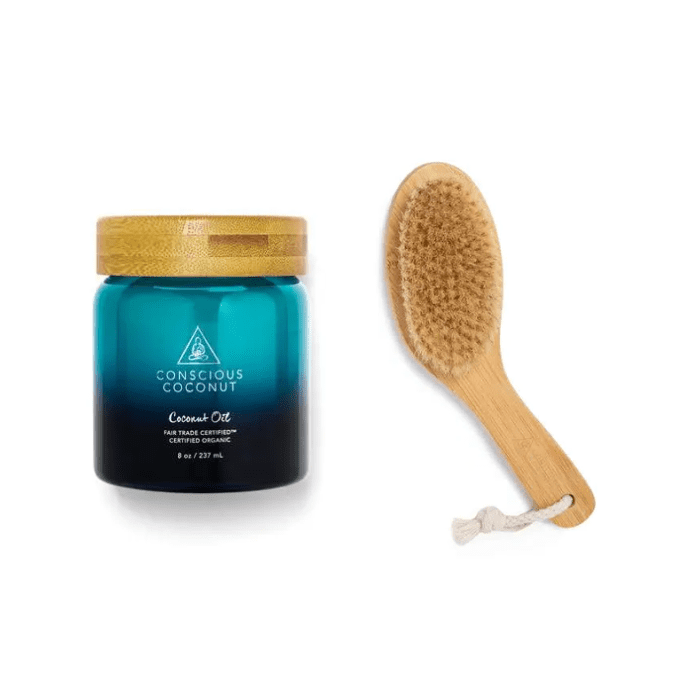How to Treat Tick Bites in Children


If your kids play outside in the summer, it\’s almost inevitable that sooner or later, a tick will find your child if you live in an area that is prone to them. Ticks are blood-sucking insects that latch onto their host and engorge themselves with blood. If you find a tick on your child, it is important to remove it as soon as you can. Grasp the tick as close to your child\’s skin as possible with tweezers and pull it straight out. Avoid squeezing the tick as this can squeeze infected bacteria into the bite. Once the tick is removed, you should clean the bite with alcohol.
Save the tick in a small jar or bottle while you observe for signs of infection. If your child needs to go to the doctor for a tick bite, the doctor will want to test the tick. Keeping notes about when the child was bitten and how long you think the tick was attached will help your doctor as well.
While it is very rare, a person has a 1-3 percent chance of developing Lyme disease from a tick bite. Signs of Lyme disease include:
- A red circular rash that is clear in the center, like a bull\’s eye
- Fever
- Headache
- Fatigue
- Achy muscles and joints
If your child shows any of these symptoms in the two weeks following a tick bite, call your doctor right away. Lyme disease can often be treated with antibiotics.
Rocky Mountain spotted fever can also be transmitted by tick bites. Though not common, reported cases have been increasing in certain areas of the country. Symptoms usually show up within 2-14 days after the tick bite and include:
- Sudden onset of headache and fever (not all children report headaches)
- Rash 2-5 days after fever (in 90 percent of cases)
- Nausea
- Vomiting
- Abdominal pain
- Muscle pain
- Redness in eyes
- Loss of appetite
The rash from Rocky Mountain spotted fever is not itchy. It looks like small red dots all over the arms, wrists, and ankles. It may spread to the trunk of the body, palms of hands, and soles of feet. Occasionally, children may also experience cough, sore throat, and diarrhea.
If your doctor suspects Rocky Mountain spotted fever, immediate treatment is imperative. The antibiotic doxycycline is considered the first line of treatment.
Tick bites can cause other infections as well, so be sure to watch your child for any signs of illness after a bite and call your doctor if you notice any unusual symptoms. Fortunately, tick bites are usually harmless. While you should have a tick bite treated and be aware of any unusual symptoms, there\’s no reason to panic if you find a tick on your child.
Sources:
- CDC
- DEET, Showers and Tick Checks Can Stop Ticks.
Boston Children’s Hospital - Lyme Disease.
Powered by Bundoo®












































